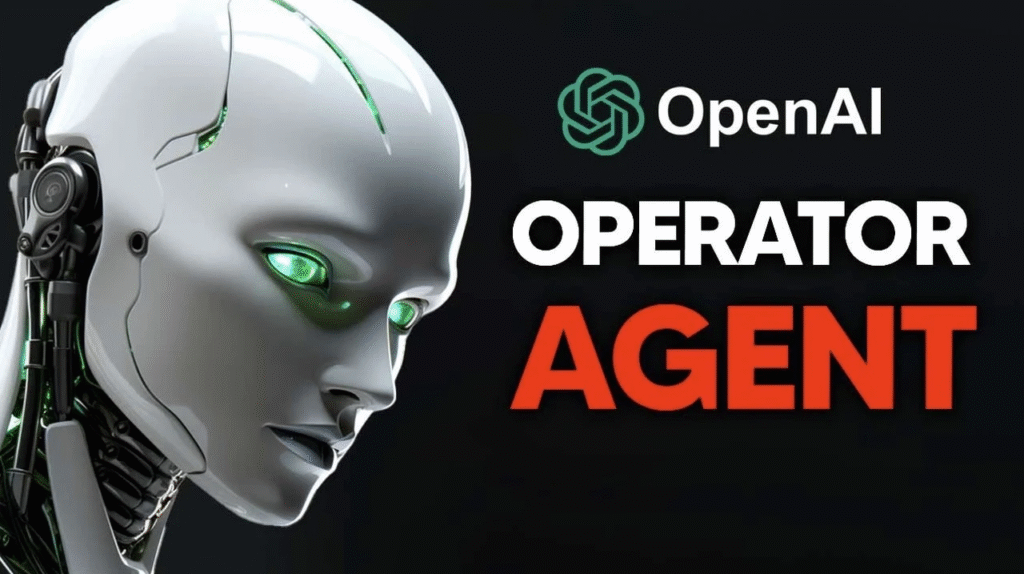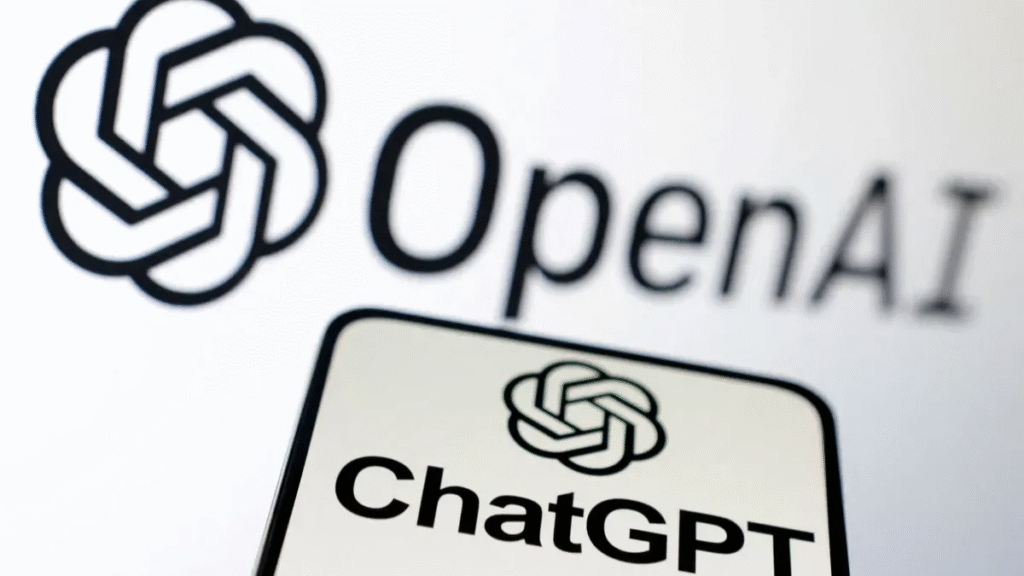OpenAI to Launch Game-Changing AI Web Browser With Agentic Features — Release Expected in Q3 2025
OpenAI may launch a powerful AI web browser with agentic capabilities by Q3 2025, aiming to revolutionize how users interact with the internet
OpenAI is expected to introduce its own AI-driven web browser by the end of July, according to a report from 9To5Google, citing Reuters. Instead of integrating AI via add-on extensions, the anticipated OpenAI’s browser will reportedly have artificial intelligence integrated directly into its core. This means users could perform tasks by simply instructing the browser — such as booking tickets, summarising web pages, or managing everyday activities — without navigating manually.
While detailed technical specifications are still unknown, the overall concept points to an AI-first design philosophy. This setup could allow OpenAI to gather user data more directly — similar to how Google leverages data through Chrome — to further refine its AI services. The report adds that the browser may retain user interactions within a built-in ChatGPT-style interface, reducing the need to visit external websites for many tasks
Although the upcoming browser is likely to include standard features similar to those in Chrome or Safari, its main differentiator will be the seamless AI integration. Embedding AI at the browser’s core — rather than relying on plug-ins or extensions — could unlock entirely new ways to improve Browse efficiency and user engagement.

The browser’s expected release also comes at a strategic moment, following Apple’s unveiling of major Safari enhancements with iOS 26 and macOS Tahoe, as well as speculation about an expanded partnership between Apple and OpenAI. Meanwhile, Google continues to face growing regulatory pressure surrounding its Chrome platform.
OpenAI already offers access to real-time web results through ChatGPT. However, the upcoming browser is expected to be a separate product, aimed at delivering a fully AI-native web experience — distinct from the chatbot interface of ChatGPT.
OpenAI is poised to shake up the browser market with its own AI-powered web browser, slated to launch as early as Q3 2025, potentially within the coming weeks . Built on Chromium, this agentic browser will embed AI agents capable of booking reservations, filling forms, and executing tasks automatically—a bold move that challenges industry giants like Google Chrome.

Unlike traditional browsers, OpenAI’s browser offers a conversational, task-focused experience. Users won’t just click and scroll—they’ll command tasks directly. Ask it to:
- “Book a table at a nearby restaurant tomorrow evening.”
- “Fill this travel form with my saved details.”
- “Summarize and highlight key points from a series of articles.”
Compatibility with current web standards and extensions
Lightning-fast performance
Deep data control, as they steer away from adding mere plug-ins and instead bake AI into the browser’s core .
This move provides tighter insight into user behavior and browsing patterns, which is exactly the kind of data Google relies on for its lucrative advertising ecosystem ..
The browser will integrate with Operator, OpenAI’s autonomous agent introduced earlier in 2025. Operator uses the Computer-Using Agent (CUA) model and is already capable of:
- Completing multi-step tasks—forms, reservations, purchases
- Clicking, typing, and navigating like a human
- Handing control back to the user for sensitive actions
Beyond browsing, the Responses API and Agents SDK ecosystem empower developers to orchestrate multi-agent workflows, combining tools like web/file search and computer control for richer automated experiences .
Sources tell Reuters that OpenAI’s browser “will launch in the coming weeks,” as early as Q3 2025 . This timely move follows a rapid AI agent rollout in 2025, including:
- Operator (Jan 2025 research preview)
- Deep Research (Feb 2025 autonomous web reporting)
- General availability of Responses API and Agents SDK by mid‑March
OpenAI now attempts to pivot from tools to integrated agentic experiences—making the web responsive, automated, and predictive.
Chrome commands over two-thirds of browser market share, with 3+ billion users worldwide . By layering AI atop Chromium, OpenAI threatens to redirect user behavior away from Google-defined flows, reducing clicks on ads and searches routed through Google.
For users who pair the browser with existing 500 million+ ChatGPT weekly actives, the product could become a gateway to alternative ad and data ecosystems .
- Perplexity’s Comet,
- Brave with AI summaries,
- The Browser Company’s experimental agent tools
However, OpenAI’s differentiation lies in its deep agent stack—from the UI experience to developer APIs that empower entire agentic ecosystems .
- Conversational navigation—type “Book me a flight to Goa next weekend,” and the AI completes it.
- Proactive prompts—based on your browsing history, the browser might suggest relevant AI actions.
- Seamless automation—from filling forms to booking, all within one interface.
- Human-in-the-loop controls—Agent asks for confirmation during sensitive steps .
This moves the browser from passive tool to co-pilot that anticipates your needs and executes them.
Reimagines browsing as agentic productivity, not just navigation.
Offers tighter privacy and data control than relying on extensions.
Empowers developers to create tailored agentic solutions via API and SDK.
Potential data and privacy concerns as the AI logs more user behavior.
Security challenges with agents handling logins and payments.
Possible resistance from regulators, given Google’s dominance and antitrust landscape .
OpenAI CEO Sam Altman has framed 2025 as a turning point—“the year of AI agents,” aiming toward next-gen AGI that automates work and personal tasks . He views agentic AI as high-impact applications, not just incremental updates .
Hiring ex-Chrome executives and expressing interest in Chrome acquisition signals serious intent to challenge core internet infrastructure, not just create new apps .
- Curate and act across browsing, shopping, healthcare
- Coordinate multi-agent workflows to manage calendars, bill pay, and research
- Act autonomously on behalf of users, reducing the friction of manual browsing
As benchmarks improve (CUA scored 58–87% on Web interaction tasks), we see a path toward fully autonomous digital assistance—a marked shift in how humans & machines collaborate online .
Read Also : SBI to Launch ₹25,000 Crore Share Sale as Early as Next Week — India’s Biggest Banking Equity Offer of 2025








